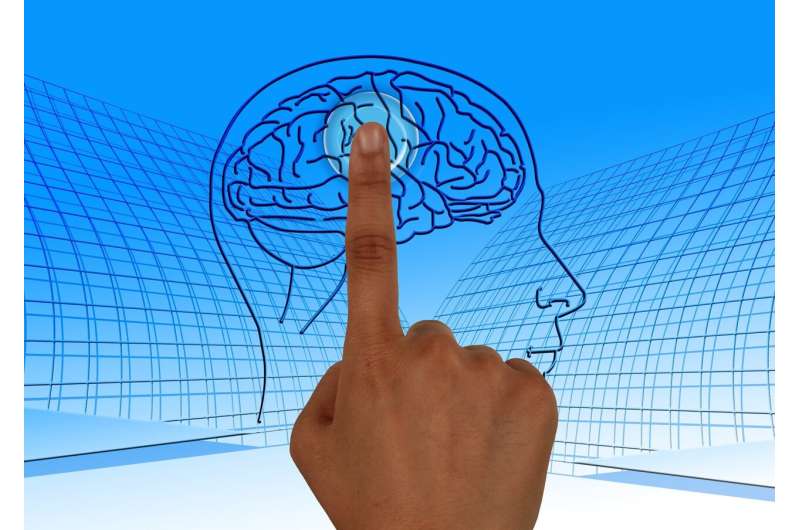Psychologists Reveal Uncertainty as Key Factor in Brain Activity During Theory of Mind Tasks

New findings reveal that uncertainty, rather than social context alone, significantly influences brain activity during mentalizing tasks, with implications for understanding social cognitive disorders.
Recent research by psychologists at the University of Pennsylvania has shed new light on the neural mechanisms involved when individuals try to understand others' thoughts and feelings, a process known as mentalizing. Traditionally, it was believed that activity in the dorsal medial prefrontal cortex (DMPFC) within the brain's "mentalizing network" increased specifically during social cognition tasks. However, the latest findings suggest that uncertainty, rather than social context alone, plays a crucial role in driving activity in this brain region.
During the study, 46 participants underwent functional magnetic resonance imaging (fMRI) while making inferences about mental and physical domains—specifically, about human minds, human bodies, and objects. Researchers manipulated the level of uncertainty in each scenario by asking participants to rate the informativeness of different characteristics in predicting others' traits. The key discovery was that uncertainty was linked to increased DMPFC activity across social and non-social domains, indicating that the brain's response may be more related to the difficulty of the inference rather than the social nature of the task itself.
This understanding has implications for conditions involving atypical mentalizing, such as autism spectrum disorder and social anxiety. Autism, in particular, is associated with differences in handling uncertainty, which might contribute to social cognition challenges. The researchers propose that responses to uncertainty could be a vital aspect of social cognition, opening new avenues for intervention and therapy.
The study highlights that previous interpretations of DMPFC activity as solely social-specific may need to be revised to consider the influence of uncertainty levels. Future research will explore how different types of uncertainty affect brain activity and social behaviors, with potential applications for understanding and treating social cognitive disorders.
Find more about the study in the Journal of Neuroscience: Link. Source: https://medicalxpress.com/news/2025-07-uncertainty-social-context-brain-minds.html
Stay Updated with Mia's Feed
Get the latest health & wellness insights delivered straight to your inbox.
Related Articles
Real-World Effectiveness of Dengue Vaccine During Brazil's 2024 Outbreak
A new study demonstrates that the dengue vaccine Qdenga offers substantial protection during Brazil's 2024 outbreak, highlighting its role in controlling epidemics and reducing hospitalizations in endemic and emergent regions.
Kansas Declares End of Measles Outbreak but Remains Vigilant
Kansas has declared the end of its recent measles outbreak, but health officials warn that the threat remains due to ongoing cases nationally and globally. Continued vigilance and vaccination are essential to prevent future spread.
Innovative Computational Platform Identifies Potential Compounds to Rejuvenate Aging Brain Cells
A novel computational clock developed by international researchers identifies compounds with potential to reverse brain cell aging, offering new hope for neurodegenerative disease therapies.
Nirsevimab Shows Promise in Protecting Infants from RSV Lower Respiratory Tract Disease
A new study confirms that nirsevimab provides strong protection for infants against RSV-related lower respiratory tract disease, significantly reducing hospitalizations and healthcare visits during the RSV season.



